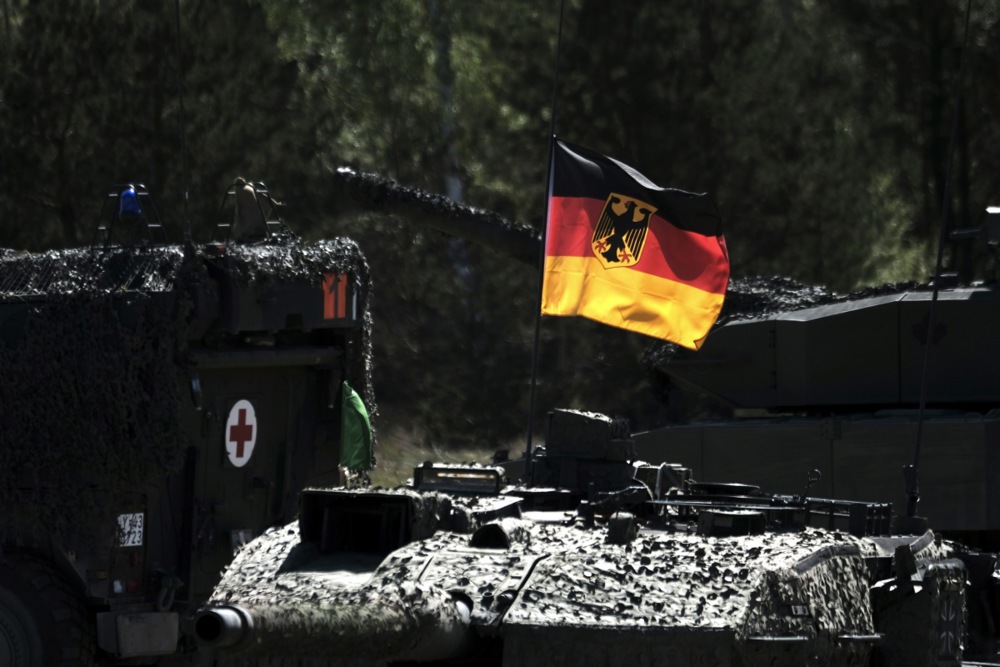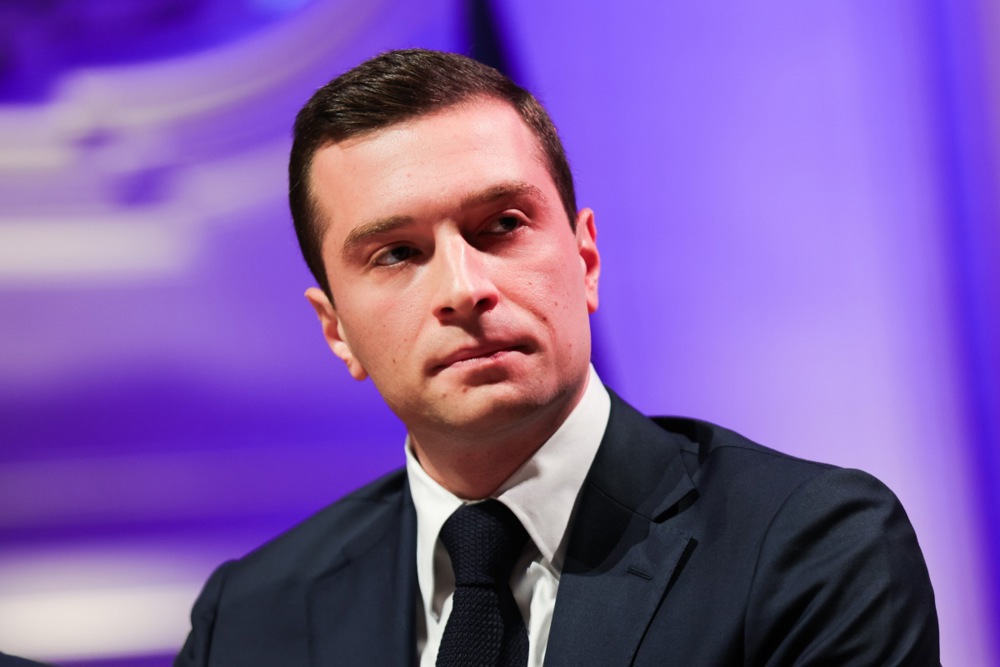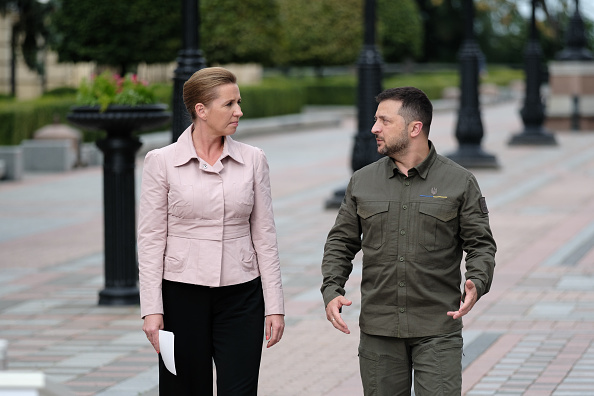Germany is set to establish its first permanent military base abroad since the end of the Second World War.
The federal republic will deploy thousands of soldiers to the new installation in Lithuania as part of a wider Western attempt to shore up the Baltic country’s defences.
German defence minister Boris Pistorius compared the decision to send soldiers to Lithuania to the posting of allied forces in West Germany during the Cold War.
Lithuania began the construction of the base on August 19 and it is set to be ready for arrivals in late 2027.
?? Lithuania has just launched its largest-ever military project at Rūdninkai, building a base to house 80% of the German brigade. This unprecedented project strengthens regional security and reaffirms our commitment to NATO collective defence. The base will be built in 3 years. pic.twitter.com/yl7caZFKJb
— Lithuanian MOD ?? (@Lithuanian_MoD) August 19, 2024
The move to establish the German base in Lithuania came against the backdrop of Russia’s war with Ukraine.
According to Lithuanian defence chief Raimundas Vaiksnoras, the move to set up the base housing German soldiers was designed to ease Lithuanian public concern and deter Russian aggression.
“The brigade will work as reassurance to our population and as deterrence, to push the Russians out,” he said.
The base is located in Rudninkai near Vilnius and just 20km from the Belarusian border and will host up to 4,000 German soldiers.
One more step towards the security of ?? & its allies: today sending a message to our future generations we officially began development of the infrastructure military campus for the ?? brigade. We do not threaten, just making sure that, if anyone wants to test our strength, they… pic.twitter.com/4wwHJsdyny
— Ingrida Šimonytė (@IngridaSimonyte) August 19, 2024
It will also boast storage and maintenance facilities for tanks and other equipment, as well as shooting ranges.
Another 1,000 troops are also set to be stationed elsewhere in the country.
The new base represents a significant investment for Lithuania, which has increased its defence spending to three per cent of its GDP in response to global instability in Eastern Europe.
Lithuania’s Prime Minister Ingrid Šimonytė emphasised that the base was not a threat but warned that any move against the country would be met with resistance.
“We do not threaten, just making sure that, if anyone wants to test our strength, they will lose the desire to do so.”
Last year, Germany pledged to deploy troops in the NATO and European Union member which borders Russia.
Still, the commitment to Lithuania contrasted with German media reporting that Berlin was considering limiting financial support for Ukraine amid a State budget deficit.
German defence stocks fell on Monday after the German newspaper Frankfurter Allgemeine Sonntagszeitung reported that the finance ministry would not approve additional applications for Ukraine military aid due to budget constraints. https://t.co/SFyllu3DWH
— Brussels Signal (@brusselssignal) August 19, 2024





